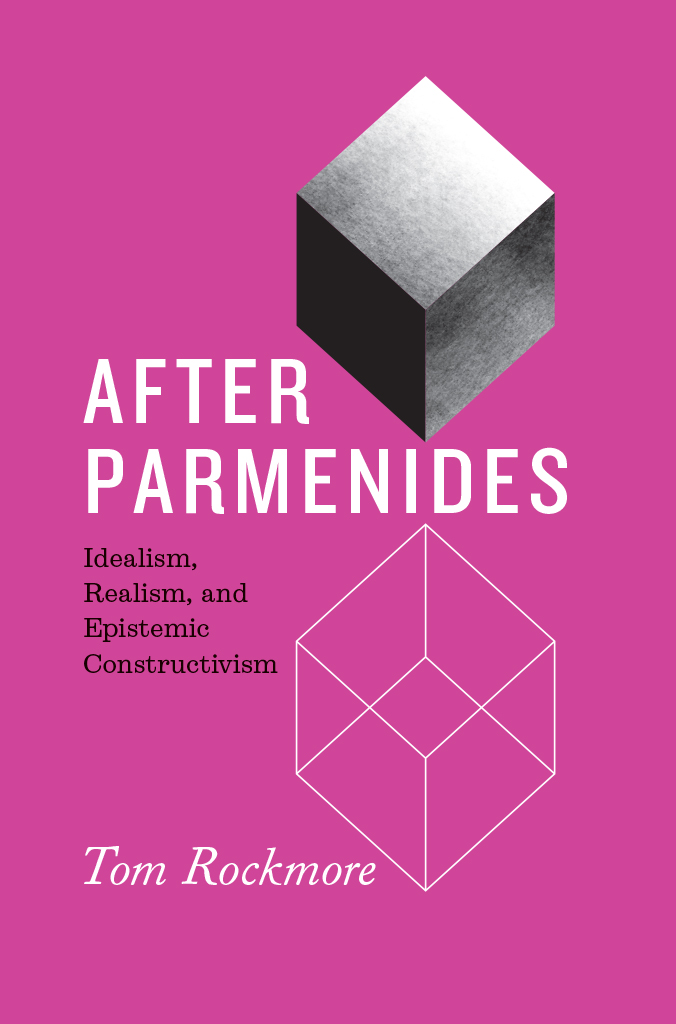
After Parmenides
After Parmenides
Idealism, Realism, and Epistemic Constructivism
Tom Rockmore
The University of Chicago Press
Chicago and London
The University of Chicago Press, Chicago 60637
The University of Chicago Press, Ltd., London
2021 by The University of Chicago
All rights reserved. No part of this book may be used or reproduced in any manner whatsoever without written permission, except in the case of brief quotations in critical articles and reviews. For more information, contact the University of Chicago Press, 1427 E. 60th St., Chicago, IL 60637.
Published 2021
Printed in the United States of America
30 29 28 27 26 25 24 23 22 21 1 2 3 4 5
ISBN-13: 978-0-226-79542-3 (cloth)
ISBN-13: 978-0-226-79556-0 (e-book)
DOI: https://doi.org/10.7208/chicago/9780226795560.001.0001
Library of Congress Cataloging-in-Publication Data
Names: Rockmore, Tom, 1942 author.
Title: After Parmenides : idealism, realism, and epistemic constructivism / Tom Rockmore.
Description: Chicago : University of Chicago Press, 2021. | Includes bibliographical references and index.
Identifiers: LCCN 2020053659 | ISBN 9780226795423 (cloth) | ISBN 9780226795560 (ebook)
Subjects: LCSH: ParmenidesAppreciation. | Philosophy, Ancient. | Philosophy, Modern.
Classification: LCC B235.P24 R635 2021 | DDC 182/.3dc23
LC record available at https://lccn.loc.gov/2020053659
 This paper meets the requirements of ANSI / NISO Z39.48-1992 (Permanence of Paper).
This paper meets the requirements of ANSI / NISO Z39.48-1992 (Permanence of Paper).
Contents
Since philosophy only rarely if ever overcomes its problems, they often continue to attract attention over long periods of time in an ongoing but frequently repetitive debate. This short study examines two rival approaches to cognition: the widely known view that to know is to cognize the real, reality, or the world; and epistemic constructivism, its modern rival; with special attention to the views of Parmenides, Plato, and Immanuel Kant.
The view that cognition depends on grasping the realwhich I will be calling the standard approachhas been dominant at least since Parmenides. Some observers (notably, Kant) think no progress has ever been made toward realizing this goal. Others believe this effort conserves its interest. Partisans of the standard approach, who are in the majority, do not measure the interest of a proposed solution by their ability to demonstrate it. And they are not dismayed if their colleagues perceive it as a conceptual wild goose chase, a philosophical form of fools gold. Still others, a distinct minority, are emboldened by the modern rise of an epistemic constructivism they see as a robust alternative to the standard view.
The standard approach originates in Parmenidess thesis that thought and being are the same. Parmenides neither demonstrates nor attempts to demonstrate this thesis, which, since pre-Socratic philosophy, continues to function as a criterion of knowledge, and never more so than at present. Rationalists like Ren Descartes and empiricists like John Locke are both committed to versions of the traditional view that know is to know the real. They are countered by dissenters who, like the author of the critical philosophy, believe there has never been any progress toward this goal. The alternative is epistemic constructivism, which I will understand as a twofold claim: we do not and cannot know the real, and we know only what we construct.
A Sense of the Problem
The Parmenidean viewthat knowing and being are the samearose early in the tradition. It is the initial solution to what later becomes the modern cognitive problem.
The problem is widely known within as well as outside philosophy. In an informal statement, the physicist Albert Einstein writes:
Physical concepts are free creations of the human mind, and are not, however it may seem, uniquely determined by the external world. In our endeavor to understand reality, we are somewhat like a man trying to understand the mechanism of a closed watch. He sees the face and the moving hands, even hears its ticking, but he has no way of opening the case. If he is ingenious, he may form some picture of a mechanism, which could be responsible for all the things he observes, but he may never be quite sure his picture is the only one which could capture his observations. He will never be able to compare his picture with the real mechanism and he cannot even imagine the possibility of the meaning of such a comparison.
Einstein depicts the cognitive problem as knowing the mind-independent world through theories about it. According to Einstein, the world can be modeled in different ways, and later models of the real will be increasingly simpler as well as have greater explanatory power: But he [i.e., the physicist] certainly believes that, as his knowledge increases, his picture of reality will become simpler and simpler and will explain a wider and wider range of his sensuous impressions. He may also believe in the existence of the ideal limit of knowledge and that it is approached by the human mind. He may call this ideal limit the objective truth. Einstein thinks that progress in physics consists in explaining more with simpler, more accurate, more powerful conceptual tools. Yet it is not obvious that, say, the Copernican planetary model is simpler, more accurate, or even more powerful than its Ptolemaic predecessor.
The cognitive problem concerns knowing the real if we cannot compare our view about it with the object of the view. Terms such as the real, reality, the world, and so on refer to the object of knowledge in independence of an observer. Other terms such as the human real, human reality, the human world, the real for us, and so on refer to what is experienced. In practice the simple distinction between what is and what is for us has led to a long series of efforts to circumvent it. For instance, Donald Davidson attacks what he calls a conceptual scheme. He suggests, in updating direct realism, that there is no intermediary between subject and object, or knower and known, hence no alternative to claiming immediate knowledge.
Parmenides and the Cognitive Problem
Epistemology is the daughter of ontology. In informal terms, ontology, or what one knows, is a prerequisite for epistemology, or that one knows. It sometimes seems as if there are as many or almost as many approaches to cognition as there are philosophers interested in this theme. After some two and a half millennia of debate, apparently no approach to knowledge is uncontroversial. The history of philosophy consists of efforts over the centuries to solve, resolve, or overcome the problem of knowledge as it emerged early in the Western tradition.
Parmenides, a late pre-Socratic, is one of the first or perhaps even the first to raise the cognitive problem in a recognizably modern sense. The extant part of On Nature includes fragments of the poem preserved by later thinkers, as well as direct and indirect reactions to it spread widely throughout the tradition. In the poem, Parmenides advances the striking claim that thought and being are the same. I will be calling this claim the Parmenidean thesis.
Philosophy depends on interpretation; the Parmenidean thesis lends itself to different interpretations. Parmenides formulates the normative view running throughout the entire tradition, from Parmenides up to the present, that to know is to know the real. For different reasonsincluding the fragmentary state of our access to Parmenidess viewwe do not know and can only guess at the correct interpretation of Parmenidess view of cognition. but only rarely discussed in detail, and which many centuries later remains the preferred criterion of cognition.
Next page
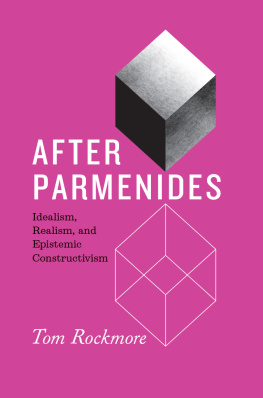
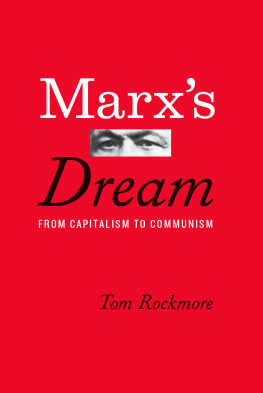


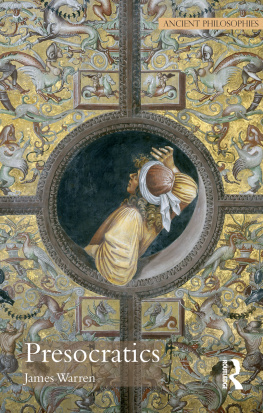
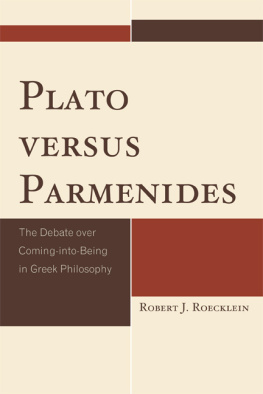
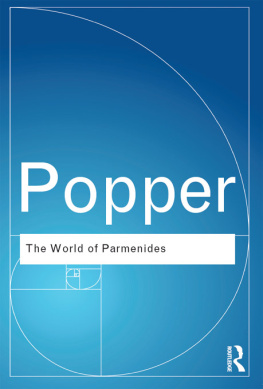
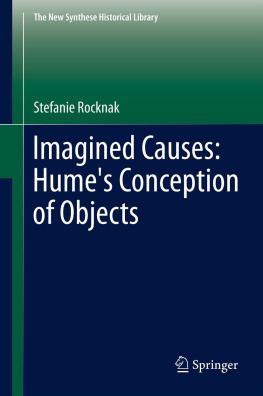
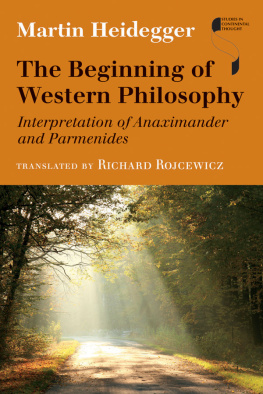

 This paper meets the requirements of ANSI / NISO Z39.48-1992 (Permanence of Paper).
This paper meets the requirements of ANSI / NISO Z39.48-1992 (Permanence of Paper).